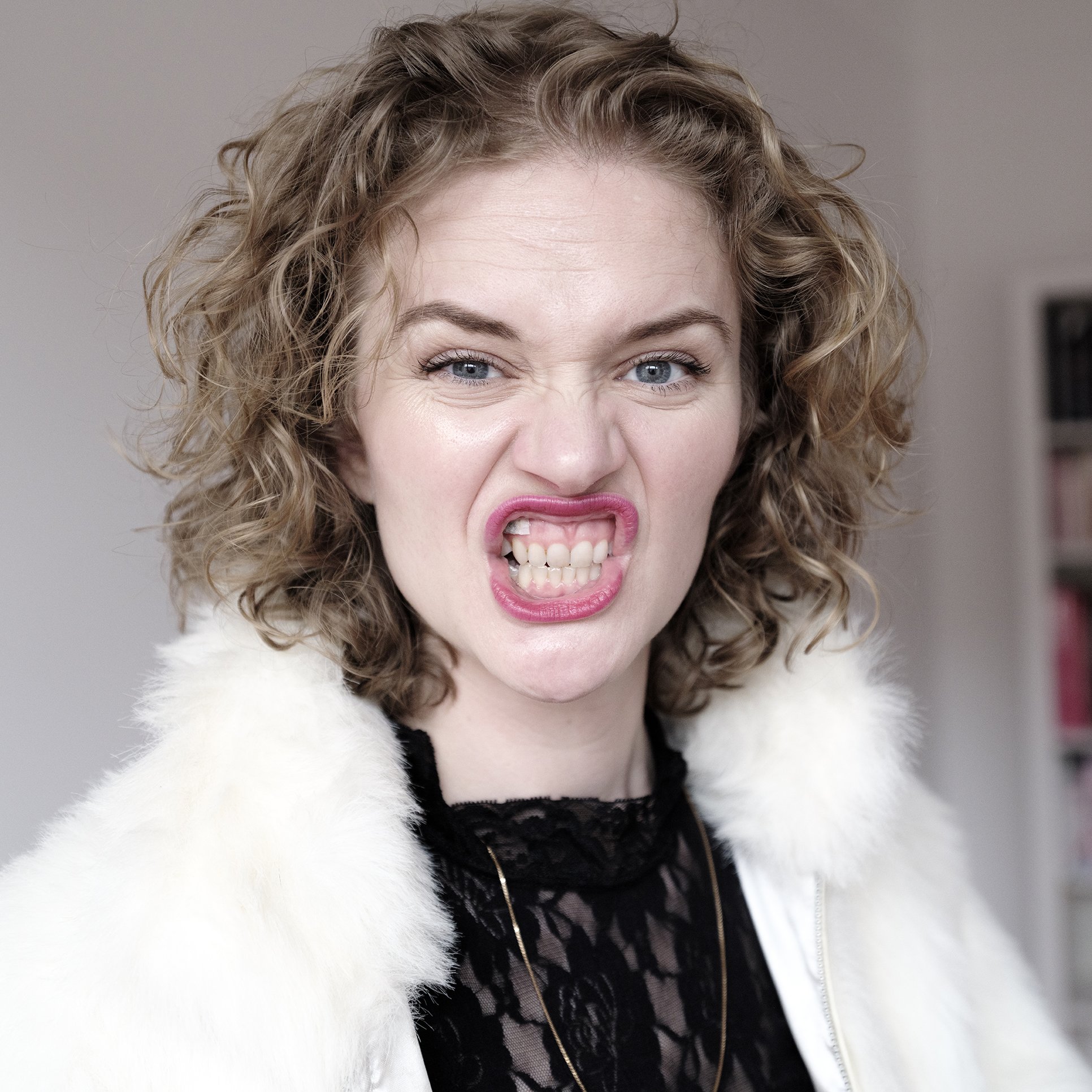Alicia Lagercrantz Story
Alicia Lagercrantz
Malmo, Sweden
Born 1989
Occupation: Emergency Doctor
”When I moved to Malmö, or maybe when I broke up with my then girlfriend, I actively started searching for all sorts of lesbian rooms. The lack of lesbian bars and clubs made me end up in a lot of strange constellations. I went to a workshop with a theater group that would do a play about female sexuality. It was bizarre but fun. I went to some lesbian hang out where everyone was like twelve years younger than me – and ended up at their home party. In my professional life, I can’t afford, physically, to go out and party like I did when I was a student. Now I need different lesbian communities. Think of the intellectual lesbians in the 20th century. They had literary salons. I would love to be part of something like that.
To be a lesbian is a big part of my identity, but it’s like society tells me to be a little bit less lesbian. Get married, buy a house and have children. Do what society demands of you and please fit into this toxic environment that we have built up.Then, you will not be a threat. I am glad we have our rights to get married and have kids, but I also want the possibility to choose not to. What I love about being lesbian is to be able to live a queer life where I can actually choose how I want to live my life outside of the heteronormative bubble.
We as lesbians need to have our own spaces and to be heard and seen. Instead, we have become divided into nuclear families, thereby we have to some extent lost our community. Without a strong lesbian community, you are at risk of being totally dependent on your current girlfriend.
I absolutely claim the need for lesbian rooms. We have this false idea that separatist rooms are not needed anymore because lesbians are welcome everywhere. In doing so, lesbians become invisible. In Sweden we are good at patting ourselves on our backs saying: ”We are not racists or homophobes. We treat all minorities well.” I think this is a very effective way of silencing minorities and to kill resistance. On top of that, we also struggle with the image of lesbians, that once they meet someone, they just want to sit at home and knit and have a dog. What I mean by these examples is that lesbians are made invisible because they are affected by two oppressions: Oppression of their sexual orientation and because of the fact that they are women. If you add black, disabled or Jewish you are triple affected. Lesbians have even less financial resources and less power in society – while gay men have a much stronger economic power. It is much harder for lesbians in general to open up their own spaces. They don’t have a big player sitting on Absolut Vodka who can sponsor their parties.
To be honest, most times we talk about how difficult it is to be a lesbian. And yes, it is a challenge still, but for it to get better, we also need positive examples. Where are they? I think it’s wonderful that we have some lesbian icons in Sweden like Mian Lodalen, Silvana Imam and Beatrice Eli. I would like to have more lesbian self-evident rooms. I would like to swim in lesbianism all day long.”
